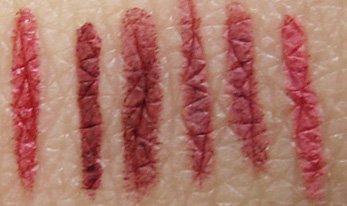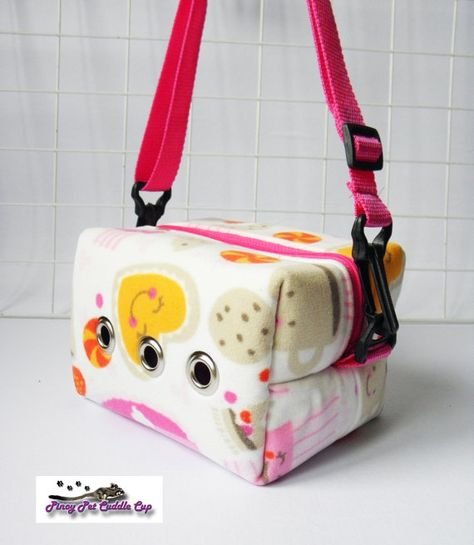What Can Sugar Gliders Eat
Sugar gliders are small, adorable creatures that are native to Australia, Indonesia, and New Guinea. As the name suggests, they have a fondness for sugary foods, but it’s important to make sure they have a balanced diet for their overall health and well-being. So, what can sugar gliders eat? Let’s dive into the details and find out.
Fruits and Vegetables
One of the staples of a sugar glider’s diet is fruits and vegetables. These tiny marsupials enjoy a variety of fruits, such as apples, bananas, grapes, and melons. It’s best to offer them a combination of different fruits to ensure they get a mix of vitamins and nutrients. Vegetables like carrots, sweet potatoes, and green leafy vegetables can also be given in moderation. These foods provide fiber and essential vitamins that contribute to their overall health.

Protein Sources
In the wild, sugar gliders consume insects and small reptiles as sources of protein. To meet their protein needs in captivity, you can provide them with cooked lean meats like chicken or turkey. Other options include boiled eggs and mealworms. It’s important to note that the protein should be given in small amounts as a supplement to their main diet.
Commercial Diets
In addition to fresh produce and protein sources, sugar gliders can also be fed commercially available diets specifically formulated for them. These diets usually come in pellet form and contain a variety of essential nutrients, vitamins, minerals, and additional supplements. They are a convenient and balanced option to ensure your sugar glider is getting all the necessary nutrients they need for optimal health.
Treats and Snacks
While a balanced diet is crucial, it’s also important to keep your sugar glider’s taste buds satisfied with occasional treats and snacks. Some safe options for treats include yogurt drops, mealworms, dried fruits, and nuts (in moderation). These treats can be used as rewards during training sessions or simply as a special indulgence.
Water
Fresh water should always be available to your sugar glider. Use a shallow water dish that they can’t accidentally fall into and replace the water daily to keep it clean and fresh.
Frequently Asked Questions
1.Can sugar gliders eat nuts?
Yes, sugar gliders can eat nuts, but it should be in moderation. They should be unsalted and unflavored. Good options include almonds, walnuts, and pecans. However, nuts should not make up a significant portion of their diet as they are high in fat.
2.Should sugar gliders eat honey?
While honey is naturally sweet and may seem like an appealing option for sugar gliders, it’s best to avoid feeding them honey. Honey can cause digestive upset and lead to bacterial growth in their digestive system.
3.Is it safe to feed sugar gliders human food?
Feeding sugar gliders human food is generally not recommended as their nutritional needs are different from ours. Human food often contains ingredients that may be harmful or difficult for sugar gliders to digest. It’s best to stick to a diet specifically formulated for them or offer fresh fruits, vegetables, and protein sources that are safe for their consumption.
Final Thoughts
When it comes to the diet of sugar gliders, it’s important to strike a balance between their nutritional needs and their preferences. While they have a sweet tooth, it’s crucial to provide them with a variety of fruits, vegetables, and protein sources to maintain their overall health. Commercial diets can also be a convenient option to ensure they receive all the necessary nutrients. Don’t forget to offer fresh water and occasional treats to keep them happy and satisfied.
By understanding what sugar gliders can eat and providing them with a well-rounded diet, you can help ensure that these charming creatures live a long and healthy life in captivity. Remember to consult with a veterinarian experienced in exotic pets to tailor the diet to the specific needs of your sugar glider.







